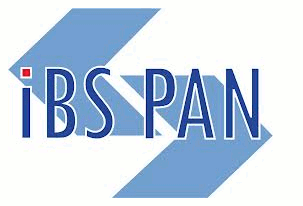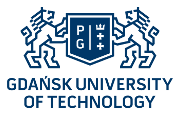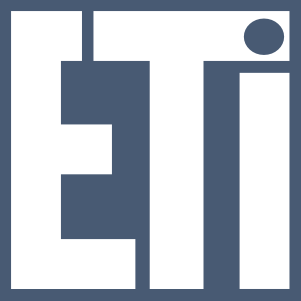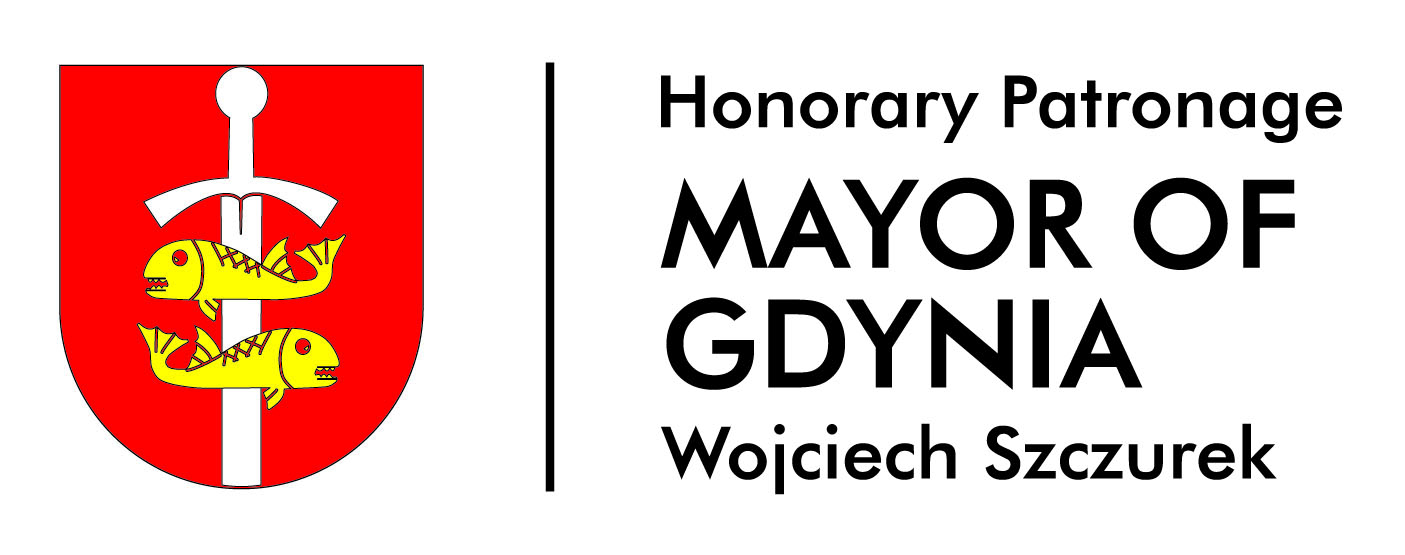1st Workshop on Advanced Systems for e-Governance and e- Democratization (ASEG'16)
Gdansk, Poland, 11 - 14 September, 2016
The aim of the workshop is to explore the challenges of the e-Democratization and the active participation of citizens in management processes using the implementation of the latest information and communication technologies. The focus is also on impact of e-Governance in the development of modern society, both in the theoretical aspect and as practical solutions as follow:
- E-Democracy and Management Processes;
- E-Governance State of Arts and Trends;
- E-Governance Education;
- E-Governance in Public and Business Administration.
Topics
Topics include (but are not limited to):
E-Democracy and Management Processes:
- professional and social networks as a tool for e-Democratization;
- forms and organizations of e-Participation in management;
- web based forums, remote communication, online voting;
- knowledge and good practices in management;
- freedom and ethics in digital societies;
- democracy, globalization and migration.
E-Governance State of Arts and Trends:
- forms and means for integration and interoperability;
- planning, controlling, decision making in e-Governance;
- comparison of “open” use of data and “open” governance;
- forms and methods of standardization in management processes;
- techniques and tools for security and protection of the information;
- e-Government and e-Governance.
E-Governance Education:
- integrating of scientific researches and training in the field of e-Governance;
- curricula and syllabuses for education in the field of e-Governance;
- methods and tools for training in the field of e-Governance;
- models and methods for extraction and formation of new knowledge;
- recommendations and guidelines for e-Training in the field of management.
Public and Business e-Governance:
- modelling, evaluation, certification of the innovations;
- accountability, effectiveness, efficiency of the e-Governance;
- business competitiveness at all levels, stages and phases;
- models of collaboration in e-Governance;
- smart service technologies;
- risk assessment;
- “best e-Practices” and their impact on social development;
- social media impact to citizens, business and public administration;
- “big” data for the improvement of e-Governance.
Paper submission
- Authors should submit draft papers (as Postscript, PDF or MSWord file).
- The total length of a paper should not exceed 10 pages IEEE style (including tables, figures and references). IEEE style templates are available here.
- Papers will be refereed and accepted on the basis of their scientific merit and relevance to the workshop.
- Preprints containing accepted papers will be published on a USB memory stick provided to the FedCSIS participants.
- Only papers presented at the conference will be published in Conference Proceedings and submitted for inclusion in the IEEE Xplore® database.
- Conference proceedings will be published in a volume with ISBN, ISSN and DOI numbers and posted at the conference WWW site.
- Conference proceedings will be indexed in BazEkon and submitted for indexation in: Thomson Reuters - Conference Proceedings Citation Index, SciVerse Scopus, Inspec, Index Copernicus, DBLP Computer Science Bibliography and Google Scholar
- Extended versions of selected papers presented during the conference will be published as Special Issue(s).
- Organizers reserve right to move accepted papers between FedCSIS events.










